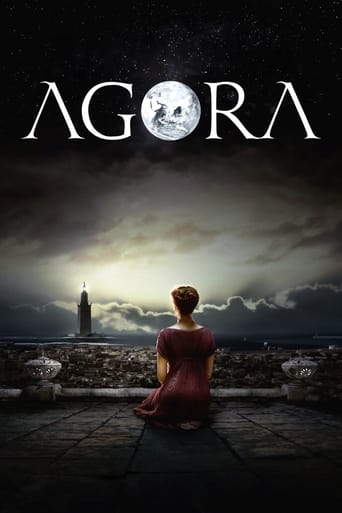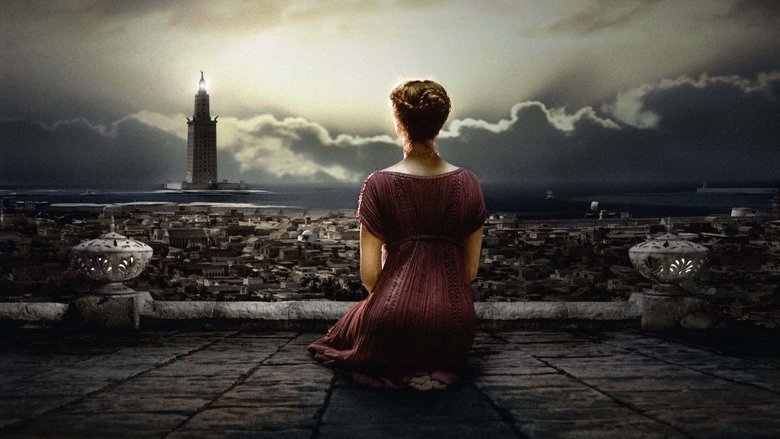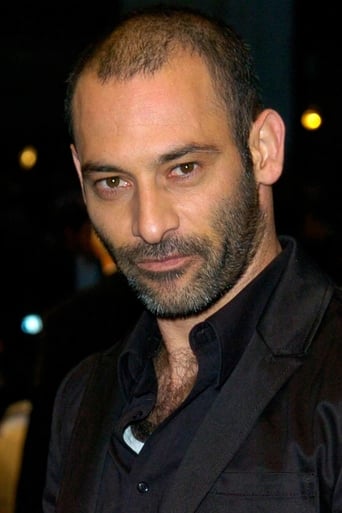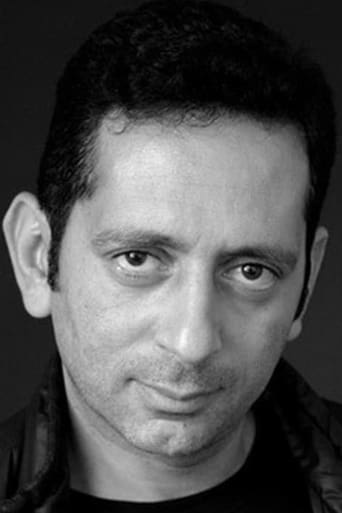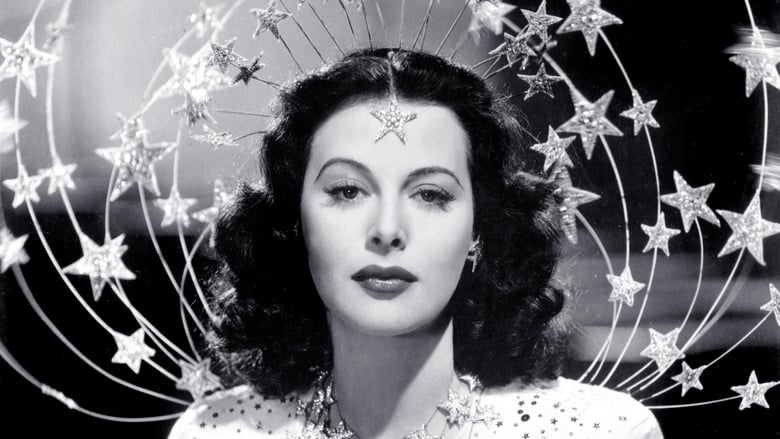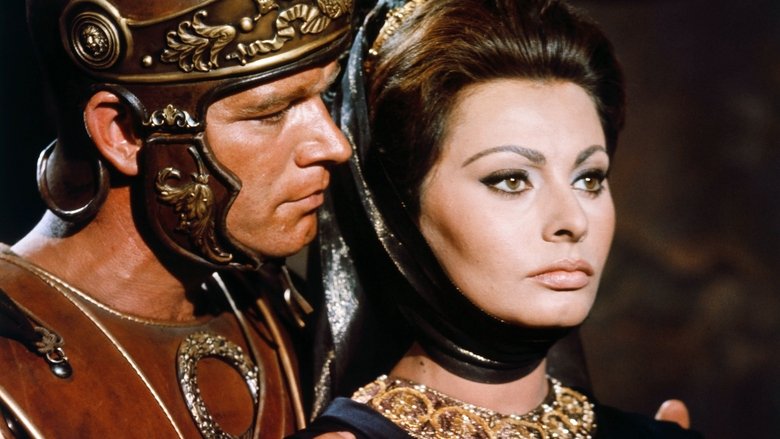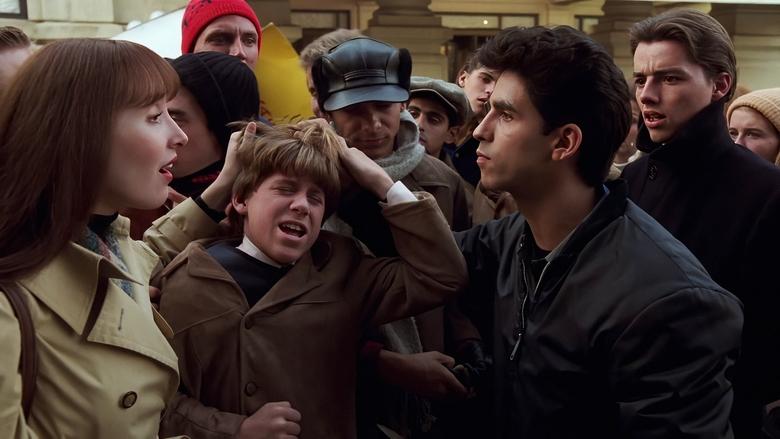A historical drama set in Roman Egypt, concerning philosopher Hypatia of Alexandria and her relationship with her slave Davus, who is torn between his love for her and the possibility of gaining his freedom by joining the rising tide of Christianity.


Similar titles
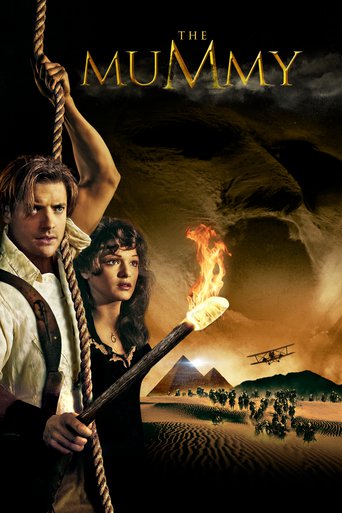
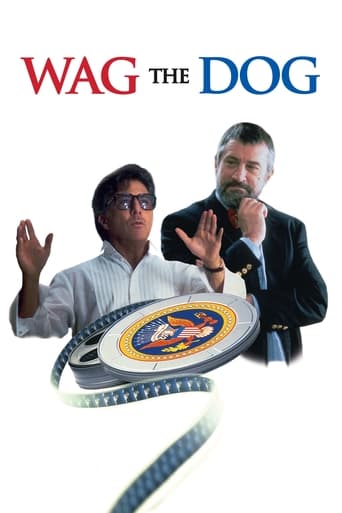


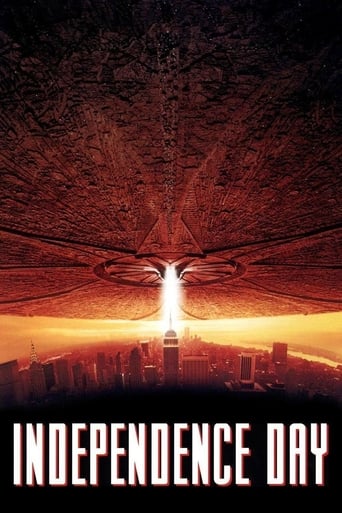
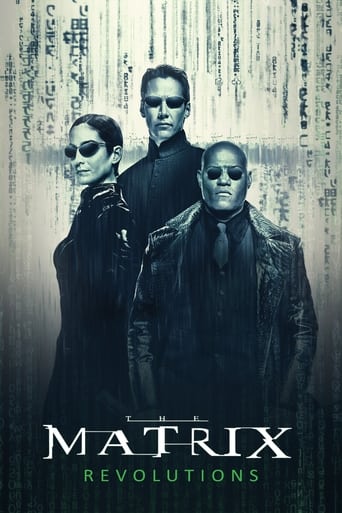
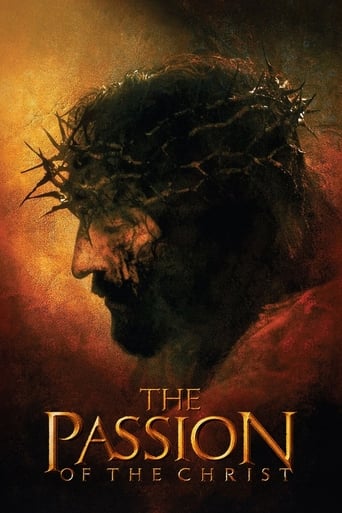
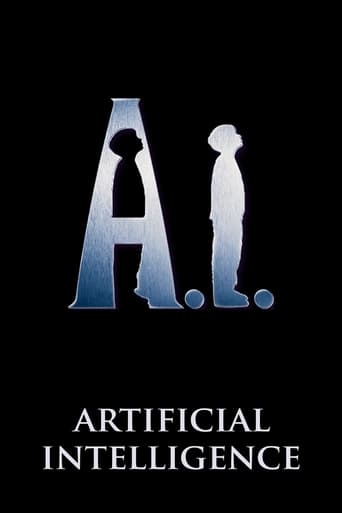
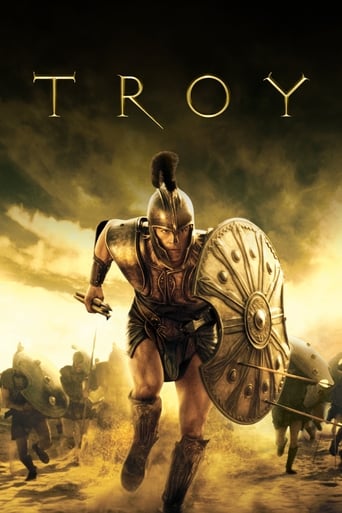

Reviews
Just brilliant - imo Agora rivals Gladiator, or at least plays in the same league. Superb setting, directing and acting, and on top one of the few movies which give us an idea how life in ancient Roman times (possibly) was. Rachel Weisz is imo one of the best contemporary actresses and one who can stand in very different movies and can play very different characters - from light comedies to avant-garde, and ofc she shines in Agora again with brilliance.Agora is a historical drama set in Roman Egypt. The movie got two main themes: the life of Hypatia of Alexandria, a (historical) woman dedicated to philosophy and mathematics, and the (bloody) rise of the Christian belief. These themes combined we get the eternal fight of humanity and rationality against superstition and religious fundamentalism. If you are interested in ancient times this movie is a must see.
This film is very interesting for several reasons, but the main is, in my opinion, going over a troubled period, decisive for the construction of the modern world: in this historical period, the classical culture (Greco-Roman matrix, but absorbing cultural and religious characteristics of other peoples, like the Egyptians) will face a morally motivated Christian community, decided to lie paganism on the ground. This film deals with the collateral damage suffered by scientific knowledge, thanks to Christian fanaticism and association of classical scholars with paganism.While there were several clashes between Christians (mostly because of heresies, which are never spoken in this film), they usually had a more defensive attitude with the heathen, that history remembers as persecutors. This attitude has changed in the end of the Roman Empire, when Christians achieved to be socially important. That's what the film portrays when Christians (particularly Parabolani, volunteers caring for sick and dead without being monks, that later became the bishop's "guards") persecute and kill the heathens. They, in turn, choose to convert, bulk and quickly, to Christianity, which give us the idea that the city, in a few days, went from a pagan majority to a Christian majority. History belies the film: it is a fact that the conversion of the pagans took more than a century. When conflicts portrayed in the film occurred, probably most of the city was already Christian. Conflicts also arise against Jews, being urged by bishop St. Cyril of Alexandria (proof that a saint does not have to be an angel). The conflicts between him and other Christian patriarchs (Antioch, Jerusalem, Byzantium, Rome) are never spoken in the film. Thus, we can conclude that the script, by Alejandro Amenábar (who is also the director) and Mateo Gil, is a pale and highly partial reflection of all these conflicts.The cast, headed by Rachel Weisz and Max Minghella, does a reasonable job. Weisz plays the lead role, Hypatia of Alexandria, a mathematical and astronomer who really existed and is considered one of the brightest minds in the late classical period. Its a very good actress who has made some notable films and shows again her versatility. Minghella also made a good performance as Davus, a platonic lover of Hypatia. Finally, one word to the costumes and scenery: the costumes seem to fit the period and place, with its classical influences; however, I don't believe that Alexandria (in particular its library) were so similar to a pre-classical Egyptian temple, especially if we consider that the city was founded by Alexander the Great and the archaeological excavations reveal a deeply classical city, much like Greek or Italian cities.This film is a fairly regular film: despite neglecting the historical truth in various ways and at various times, and despite the highly partial and negative portrait of Christians, the film shows an interesting time, where a lot has changed very quickly, as well entertains the audience and tells a good story.
A most excellent film, giving it 5 stars plus. Rachel Weisz is luminous as the heroine of the movie as Hypatia. All of the other actors were equally outstanding. For me, a glimpse of the Alexandria of old was exquisitely brought to life. The history which this movie encompassed is bittersweet led by persons fueled by blind adherence to religious and fundamental beliefs which curtailed independent thought and inquiry, thrusting mankind into the Dark Ages until the Rennaisance. I've seen this movie more than 3-4 times now, and it still continues to inspire deep respect for those "thinkers" of classical antiquity. My hat's off to Alejandro Aménabar for bringing us this truthful chapter so that, as Carl Sagan so aptly put it, "we may NOT let it happen again."
Where does one begin to take to task this fictional diatribe against Christians and the early Imperial Church. Alexandria was known to be a city that often was embroiled in heated riots that cost lives even before the Common Era and the advent of the Church. The film portrays the Christian church of the period to be violently intolerant and zealously misogynistic in their religious zeal and ensconced in superstition. The events in the film never happened. In 48 BCE, it was Julius Caesar (a pagan) who invaded Egypt and destroyed part of the Alexandrian library in his war against Pompey. Strabo, a pagan historian, who died around 23 CE, spoke of the main library as a thing of the past. What was left of this main library was probably destroyed in Aurelius' wars of Imperial unification when the Great Museum to which the main library was adjunct in 272 CE. By 391 CE, the library was not in existence. Yet, many post 18th century scholars and historians state that Christians destroyed the temple under the direction of Bishop Theophilus' in 391 CE confusing clashes between pagans and Christians as part and parcel of the main library's destruction. This is a clear untruth and what is sad it is a deliberate one at that.However, in 391 CE, the Serapeum was destroyed. Christians were captured and murdered in the temple of this secondary library by pagans. Since the murdered Christians were to be considered martyrs there was a call for restraint so as not to taint their sacrifice so there was no riot or clash. The Emperor Theodosius ordered the complex to be demolished while letting the murderers go free. The Christians were allowed under Roman governmental oversight to participate in the dismantling of the temple but no other structures were harmed. Additional damage to the building itself probably took place in 7th century by Muslim invaders. However, there was no burning of the library's collection by Christians. Both a goodly number of Christian and pagan accounts of that day exist and there is not one mention of such a burning of the library's collection. Even Eunapius of Sardi who had no great love for Christianity makes no such claim and there are even hints that by this time the secondary library had no collection. Pagan historian, Ammianus Marcellinus, describes the Serapeum as being no longer a library just a few years before its destruction. There is not one written source before the 18th century that has claimed that Christians were responsible for either the collection's destruction for either the main or secondary library nor is there any other evidence proving such. The idea that Christians and the Church were responsible for destroying the Library(ies) of Alexandria in 391 CE is a fiction made up by English historian Edward Gibbon in the 18th century.As to the murder of the brilliant Platonic philosopher, trained scientist, and author of mathematical commentaries, Hypatia. While a woman of note, there is no record of her making any important contributions to her fields of expertise. Just as the recent Cosmos series totally mislead its viewership concerning Giardano Bruno, this movie (and so many others) have created a fictional heroine to dovetail with the fictional history of banal, anti-intellectual Christians on a murderous rampage against pagans especially one pagan woman. Hypatia, who was sixty at the time, was indeed murdered and dismembered, by a Christian fraternity founded to help the poor. She was killed not because she was a woman (female intellectuals were not uncommon in Eastern Empire in either pagan or Christian circles) or a philosopher/scientist (this class of people in Alexandria included both pagans, Jews, and Christians and there was no Christian prejudice against science or philosophy). Hypatia was not perceived as an enemy of the Christian faith and counted many of the educated Christians of Alexandria as her friends, many of whom were students. The Christian historian Socrates, who admired her, states that she was killed because she embroiled herself in a political war between the Imperial prefect and the city's patriarch and it was the denizens of the city's slums that took matters into their own hands without any Church approval (even though the movie lays the blame at the feet of St. Cyril of Alexandria) and was more about her social class and standing and belonging to the wrong side of a political war where this murderous mob was concerned. While the higher, educated classes participated in each other's lives no matter their religious and philosophical differences, the lower classes before and after Christianity's advent were tribal and violent. These Christian lower-class denizens could be rightly compared to Europe's soccer hooligans and the cross was simply one more banner to wave. Such is the truth while the movie and its attempt to paint the Christian Church as a violent, banal, intolerant, and misogynistic community is anti-Christian propaganda and a deliberate lie.
